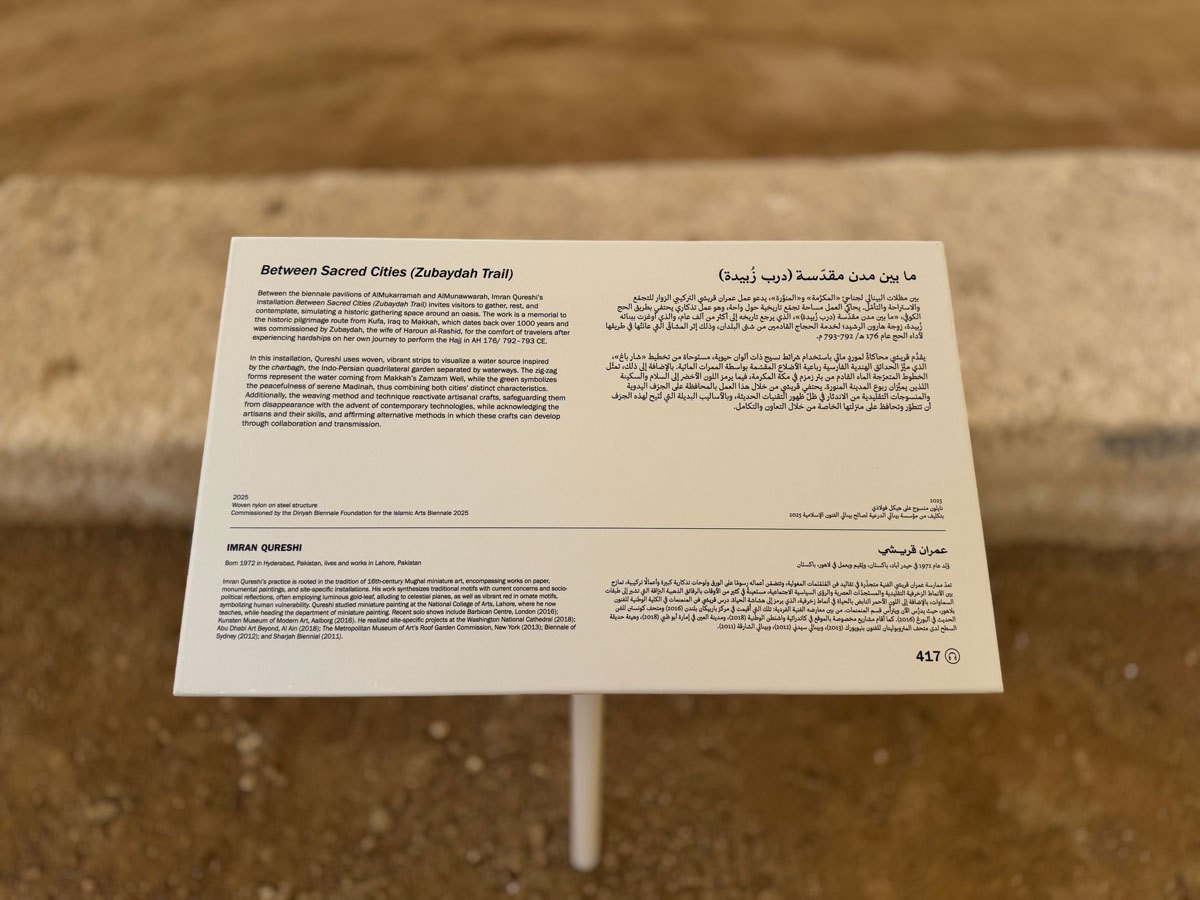ISLAMABAD: Ruling Pakistan Tehreek-e-Insaf (PTI) leader Abdul Aleem Khan, a close aide of Prime Minister Imran Khan, announced on Monday he would be joining a group of lawmakers led by estranged party leader Jahangir Khan Tareen, as top opposition leaders met in the capital to discuss a plan to table a no-confidence motion against the premier.
The Pakistan Democratic Movement (PDM), an alliance of nine opposition parties, announced last month it would file a no confidence motion in parliament to bring down the government of PM Khan.
Aleem Khan’s announcement comes as a major blow to PM Khan and his government as it grapples with a chronic economic crisis and rising inflation amid reports of strained ties with the all-powerful military.
Speaking to the media after a meeting at Tareen’s Lahore residence, Aleem said that he had gathered party members here to send the message that the estranged PTI leader had not been “forgotten.”
He said Tareen had played a crucial role in the rise of the party, and lamented that he had been sidelined.
“Many people [within the party] do not understand why this happened. All those people who worked for Naya Pakistan (a PTI election slogan for a new Pakistan) alongside the prime minister, why were they ignored?” he asked.
“All of us who were part of the Tehreek (PTI) and were sincere, let us all come together on one platform,” he said. “We will try to unite all the groups within PTI.”
“PTI does not belong to one individual,” Aleem said. “It belongs to all of us.”
Meanwhile, in a separate development, PDM chief Maulana Fazlur Rehman and opposition PML-N party President Shehbaz Sharif visited Zardari House in Islamabad on Monday to hold a “delegation-level” meeting with Pakistan Peoples Party (PPP) co-chairperson Asif Ali Zardari to discuss the planned no confidence motion, according to a statement released by the PML-N.

Pakistan Democratic Movement and JUI-F's chief Maulana Fazlur Rehman (left) and PML-N party President Shehbaz Sharif (center) meet Peoples Party (PPP) co-chairperson Asif Ali Zardari in Islamabad, Pakistan, on March 7, 2022. (Screengrab from a video shared by PML-N on Twitter)
The constitution of Pakistan has provision for a no confidence motion in all constituents of the Electoral College of the state. The motions can target speakers and deputy speakers of provincial and national assemblies, the prime minister, chief ministers of provinces, as well as the chairman and deputy chairman of Senate. Before it can be put for vote on the floor of the house, the motion must have the backing of at least 20 percent of elected members in all cases except those moved against speakers or deputy speakers in which case there is no minimum. After being put to vote, the motion is deemed to be successful only if passed by a majority.
The no confidence procedure has historically been mostly used to remove speakers and deputy speakers. Of the 11 times that the motion has been invoked, nine cases targeted those posts, with four being effective.
An incumbent prime minister of Pakistan has only been subject to a no confidence vote once, in November 1989, when Benazir Bhutto faced an ultimately unsuccessful motion by Ghulam Mustafa Jatoi. The same is the case for a provincial chief minister, as the only instance of its use is the one moved against Balochistan CM Sanaullah Zehri in January 2018, who resigned before the vote could take place.




















